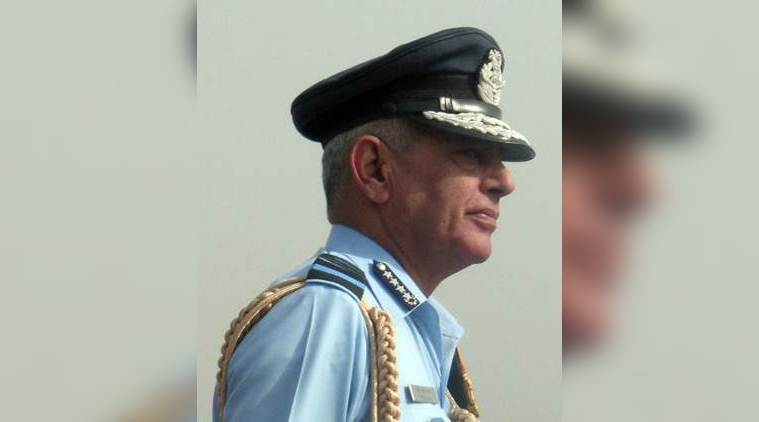 Former Indian Air Force chief Fali Homi Major. (Source: Wikipedia)
Former Indian Air Force chief Fali Homi Major. (Source: Wikipedia)
India has certain advantages over China as far as air warfare is concerned, former Indian Air Force chief Fali Homi Major said, adding that military action to force the PLA to withdraw from their positions in the Galwan valley area should be the last option.
Major was Air Chief Marshal between April 2007 and May 2009 and earlier commanded the Air Force in Leh (Ladakh) in the aftermath of the Kargil war.
“As far as our Air Force preparations are concerned in that region, we are wonderfully placed. There is no doubt. We have many advantages of air fields, heights and altitude, etc. I am not talking of a war, but in the local area if there is some requirement, the Air Force is very well prepared and alert. It has always been so in that area. At the moment, Air Force’s operational preparedness is top of the line,” Major told The Indian Express on the situation in Ladakh vis a vis China.
The former air chief, however, said that military action to force the PLA to withdraw from their positions in the Galwan area should be the last option.
“IF everything else fails and the government feels a small military action could achieve the desired aims, then probably (it is an option). Unless a situation arises, one cannot say. The PM has already made it clear if there is a provocation then the whole thing will take a different turn. To exercise a military option is the will of the government. And they won’t do it till such time they stop making headway diplomatically. The prudent option would be to de-escalate the situation diplomatically and perhaps raise the required levels to do that. Only then would it be clear as to what the next course of action would be,” Major said.
The Air Officer Commanding Leh (Ladakh) in 1999, Major said, “I don’t know if what happened in the Galwan valley was a provocation or a localised scuffle that turned bad. It shouldn’t have happened. I would not put it as provocation on either side. These perception lines, like the area between finger four and finger eight, these are patrol areas which both parties are doing so far. In the absence of a delineated border, this kind of an uncertain position will remain. The final solution will be to delineate the border which we have been trying to do for a long time but it’s not happening,” he said.
He was non-committal on whether China was forcing a change in status quo with its recent moves. “I wouldn’t make an attempt to say whether it’s right or wrong. That’s taking an extreme view on both sides. That’s not an easy question to answer,” he said.
He did agree with the general view that China was typically pushing its cause at a time when India was facing a difficult situation with the pandemic. “China has made such moves in the recent past in many parts of the world and not just here. Whether it is South China Sea, Indonesia, Vietnam or anywhere else, these kinds of moves have been made. Everyone is watching China across the world. As a regional power, all that we have done so far is indicative of how we are going to deal with China,” Major said.